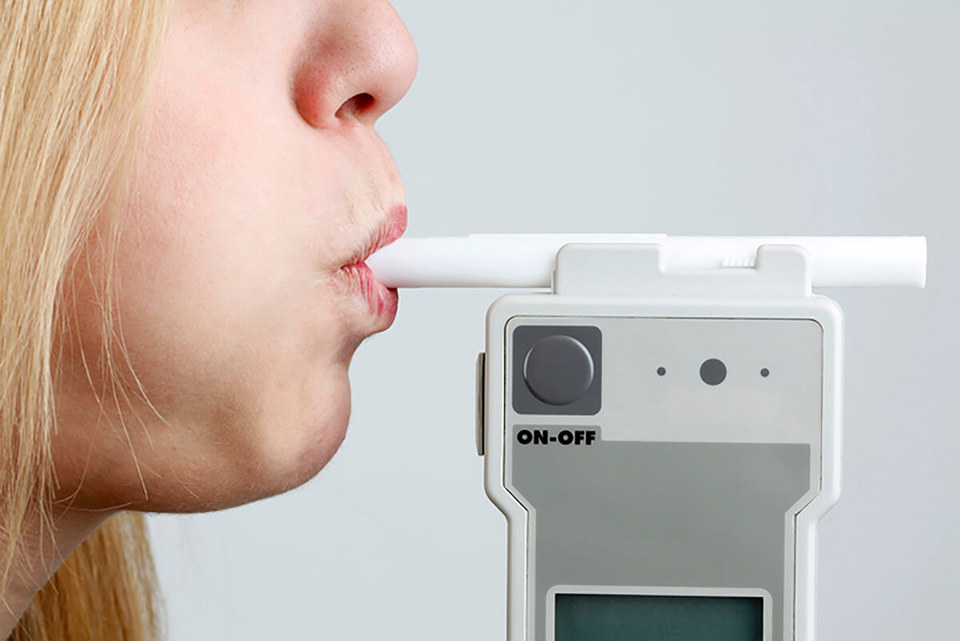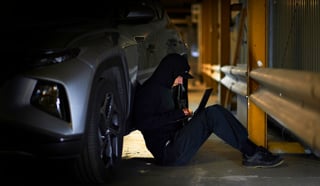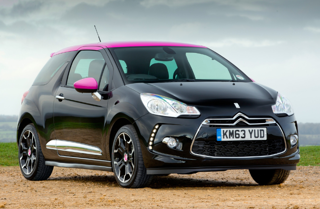Research by Brake and Direct Line has revealed almost four in 10 motorists are risking lives by driving first thing after drinking excessively the night before. With this week predicted to be the busiest for after work Christmas parties , drivers are being urged to plan ahead over the festive period to avoid ‘morning after’ drink-driving.
The survey highlights a continuing lack of understanding about how long alcohol stays in the body, with 38% of drivers and motorcyclists admitting to driving the morning after a heavy night. This is more than a 30% increase compared to seven years ago, when 28% admitted to doing so.
The survey also suggests that many drivers are putting themselves and others in danger due to a lack of awareness that even a small amount of alcohol affects driving:
- One in three (35%) admit driving after drinking alcohol (any amount) in the past year – although this has fallen from 51% in 2003
- Nearly half (45%) believe they would need to consume two or more units for their driving to be affected – with a worrying one in seven (14%) believing it takes three or four units or more
?Julie Townsend, Brake’s campaigns director, said: “Drink-driving remains a menace on our roads, devastating people’s lives every day. A shocking proportion of drivers seem unaware of the dangers of driving the morning after a heavy night, or even small quantities of alcohol. We’re appealing to everyone to stay safe over the festive season by planning ahead – make sure you can get home safely, and stay off the booze if you’re driving home or early the next day.”
“We’re calling on the Government to lower our drink drive limit and enable the police to dramatically step up enforcement. These are crucial steps in stamping out drink driving, and eliminating the needless tragedies it causes.”
Andy Goldby, director of Motor Underwriting at Direct Line, said:“Many drivers seem to be oblivious of the risks of driving in the morning, after drinking the night before. The effect of alcohol on driving ability lasts much longer than a couple of hours after drinking. Motorists who have drunk excessive amounts may not feel drunk and may not to be able to smell drink on their breath, however, they are still a danger to pedestrians and other road users. With this week being the busiest for festive parties, we are urging people not to drink if they’re driving, and not to drive if they are drinking.”
The Government is also being urged to take action on drink-driving following recommendations from parliament’s Transport Select Committee the week before last and an independent review by Sir Peter North earlier this year. The Committee called for drink-drive enforcement and educational campaigns to be stepped up, while Sir Peter North advocated a lowering of the drink-drive limit.
Drink-drivers are responsible for one in six deaths on British roads – in 2009 there were seven drink-drive deaths and 28 serious injuries every week. A further estimated 80 road deaths per year are caused by drivers who are under the drink-drive limit, but who have alcohol in their blood. Research has shown even very small amounts of alcohol affect drivers’ ability to drive safely.
Brake is urging people to ensure they can get home safely from festivities by using public transport, booking a taxi or having a designated driver who doesn’t drink, and stay off the alcohol if they need to drive early the next day.
Brake is calling on the Government to work towards eliminating drink drive deaths and serious injuries by:
Cutting the limit to 20mg alcohol/100ml blood to send a clear message that it’s none for the road. Our limit is currently 80mg of alcohol per 100ml of blood, the highest in Europe. The EC recommends a maximum of 50mg/100ml, but several countries have adopted a zero tolerance limit of 20mg/100ml. Research shows even a small amount of alcohol affect your ability to drive safely by slowing reaction times and distorting judgment.
Step up enforcement, by giving police powers (and ensuring they have sufficient resources) to carry out random, targeted and blanket testing. A 2004 study concluded that in the previous three years just 3% of UK drivers had been breath-tested, far below the European average. Some countries, such as New Zealand, test as many as half their driving population annually. The increased threat of being caught, alongside our existing mandatory one year driving ban for drink drivers, should deter drivers who think they can get away with it.
Raise awareness among drivers about the dangers of driving after drinking any amount of alcohol, and the threat of being caught. This should include compulsory road safety education delivered in schools to 11-16 year olds, plus widespread media advertising targeting high risk groups.





















Login to comment
Comments
No comments have been made yet.